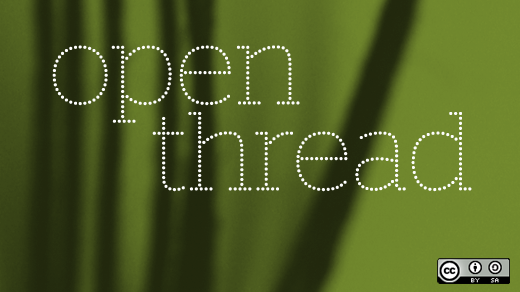Chances are good that you've been to a library and used its resources. Kids check out colorful, educational books; adults seek out entertainment and information; and academics of all ages use libraries as a place to work, meet, and discover resources.
Today, there is a global discussion around the role of libraries in public and academic sectors.
Although libraries are a valued community resource, some have come to view them as expendable expenses. Others propose that the next phase of evolution for the library is to become a community hub. With the prevalence of budget cuts and the struggle to provide all of the resources patrons may want, libraries are approaching how to change over time with varying success.
At opensource.com, we frequently bring our readers stories about they ways libraries are finding solutions and claiming a new identity through open source software and commons licensing.
A few of our favorites are:
- An argument for why libraries should be open
- A review of how libraries became more open in 2012
- Are libraries resisting open source?
- What libraries in Europe are doing
What do you think?
How do you see libraries adapting to the challenge of providing computers and the Internet? And of meeting the demand for eBooks?
How do we solve a problem for academic institutions who bare expensive journal subscription costs? Graduating students who have come to rely on those resources may not have access to them later.
What would it take to make libraries a community hub? Who should finance it? Would a public-private venture be possible? And, how would they distribute content?
Tell us how you see the library of the future.







Comments are closed.